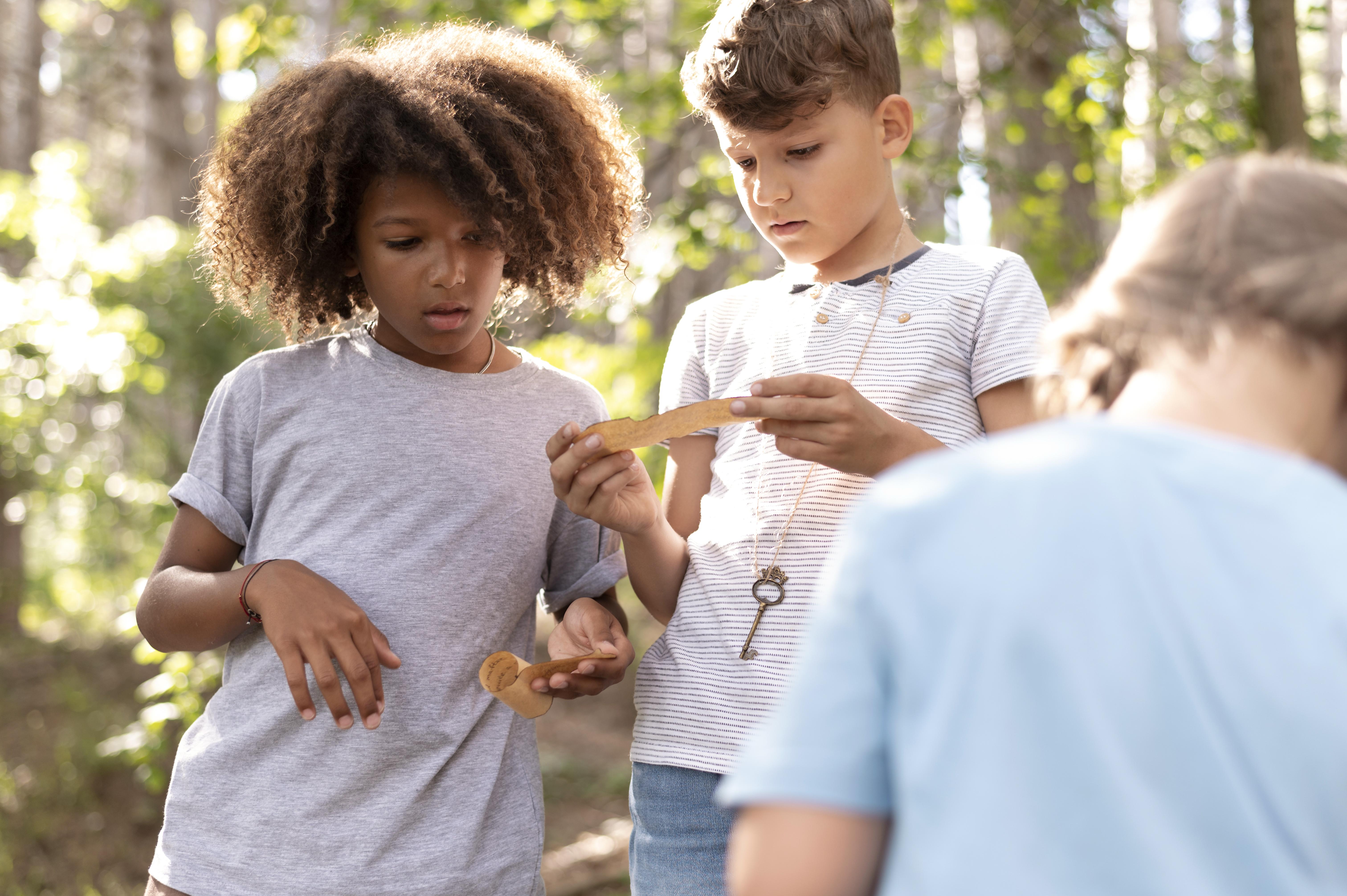
Safeguarding children has noway been more pivotal than it is at the moment. With evolving social challenges, rising internal health enterprises, and the growing influence of online platforms, protecting vulnerable children must remain a collaborative, non-negotiable precedence. From academy corridors to healthcare facilities, securing is a participated responsibility — and an active commitment to upholding every child’s right to safety, quality, and care. Effective safekeeping means not just precluding detriment but nurturing surroundings where children can grow confidently. It means supporting child safety enterprise, fostering community safeguarding efforts, and keeping children safe every step of the way.
Why Safeguarding is Further than a Policy
It’s easy to see safeguarding as a catalog or compliance matter. But for professionals on the ground — whether in healthcare, education, or social services it’s far further than that. Securing is a moral imperative. It’s about noticing when a child is surprisingly withdrawn. It’s about knowing what questions to ask when being doesn’t feel right. It’s about creating a space where children feel seen, heard, and defended.
In essence, securing isn’t just about precluding the worst, it’s about making the best possible conditions for a child’s good.
The part of Healthcare Professionals
For nurses, HCAs, GPs, and confederated healthcare professionals, the duty to guard children is enrooted in daily practice. Whether they’re treating a physical injury or supporting a internal health challenge, professionals frequently stand on the frontline of recognising abuse, neglect, or threat. Preparing in child security and securing methods empowers them to act fast and successfully, guaranteeing that defenseless children get opportune intercession and bolster.
Moreover, ensuring powerless children goes past the clinic. It incorporates joining together with multi-agency groups, detailing concerns to secure leads, and sharing in follow-up care when essential. Although these places might feel routine, they're the foundation of an effective safekeeping system.
Community- Grounded Safeguarding
The community is profoundly hardwired with strong safekeeping. Clubs, youth affiliations, institutes, and nurseries each contribute to the creation of defensive environment.
Flexibility against risk is made conceivable through standard preparing, mindfulness activities, and associations with unique specialists. Programs that engage children to talk up, get it boundaries, and believe capable grown-ups are critical instruments in anticipation.
Community safeguarding efforts also calculate heavily on alert — looking out for signs of emotional torture, changes in behaviour, or social pullout. In tight-knit communities, the participated culture of care is an inestimable safeguard in itself.
Digital Risk and the Modern Landscape
In moment’s digital age, safeguarding strategies must evolve. The online world presents complex dangers — from cyberbullying and disgraceful substance to prepping and misuse. Icing child safety initiatives to address these dangers is basic. Guardians, foundations, and healthcare experts must join together to teach children almost secure online practices whereas regulating defensive measures like security settings and maternal controls.
Online safety training, open exchanges, and swift reporting channels are now just as important as traditional safeguarding protocols.
Setting up a Culture of Responsibility
The most effective securing happens when it’s woven into the culture of an organisation. That means clear programs, regular training, open communication, and leadership that prioritises children’s safety. But further than that, it’s about people — everyday professionals choosing to notice, care, and act.
Every child matters. And every grown-up in a caregiving part — formal or informal — has a part to play in creating a world where children are defended, supported, and valued.
To Sum Up
At Xpress Health, we understand that safeguarding isn’t a standalone task it’s a principle that underpins everything we do. Whether placing nurses, HCAs, or confederated health professionals, we insure that everyone we work with is trained, vetted, and completely set to support the UK’s most vulnerable populations. Our placements go beyond qualifications; we prioritise compassion, responsibility, and mindfulness — so that every child has a better chance to grow up safe and supported.